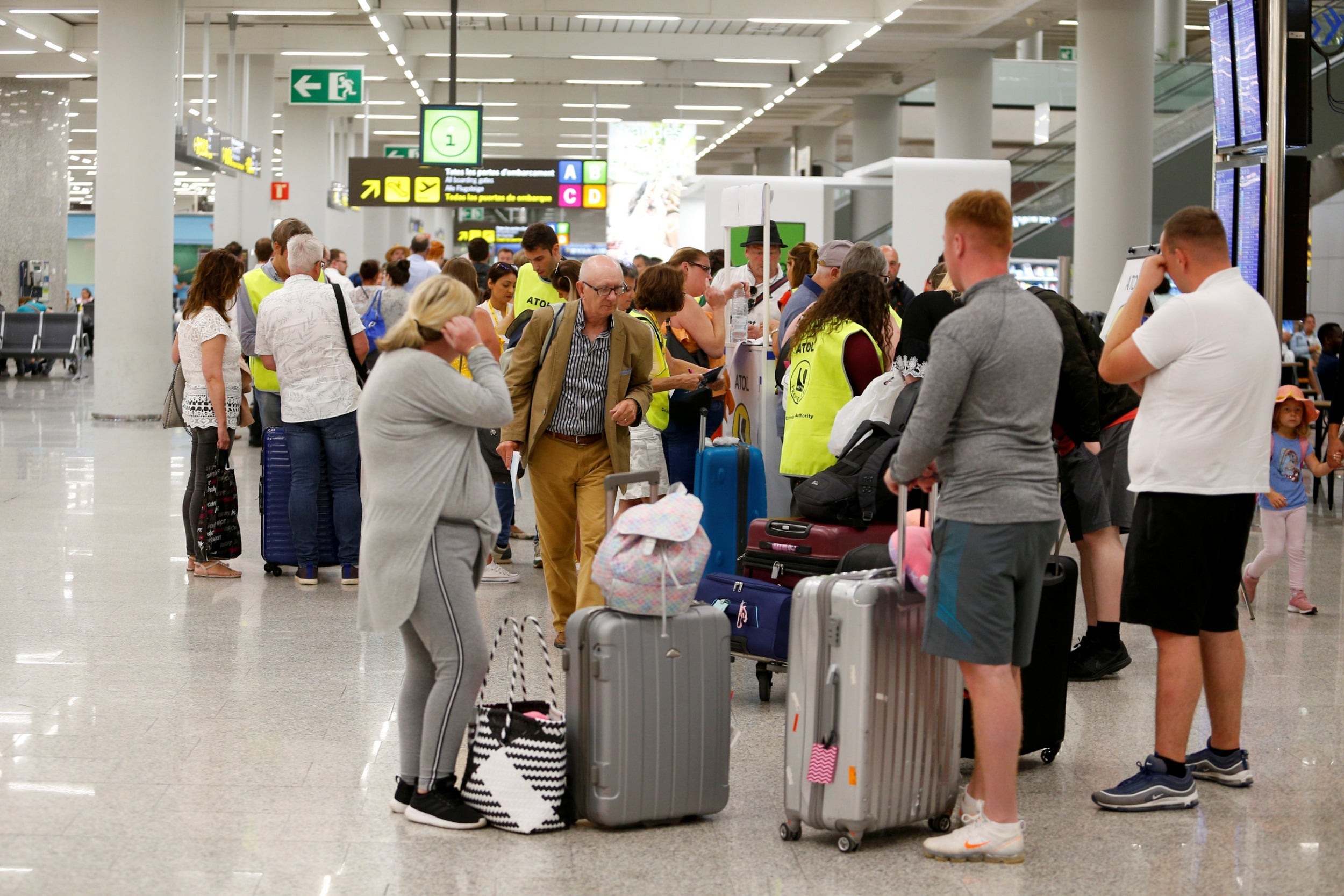Why RBS was bailed out and Thomas Cook wasn’t
The two situations are not so different – except that the bank was too big to fail, writes James Moore


Governments aren’t in the business of running travel companies,” was the po-faced response from transport secretary Grant Shapps after he was asked why the government didn’t step in to bail out travel company Thomas Cook prior to its collapse.
But hang on, Thomas Cook customers might care to ask, how come it’s in the business of running banks? Or at least owning them?
In reality, those stranded on foreign shores have more immediate concerns, such as how the hell they’re going to get home.
But it might just occur to some of them after they’ve landed and are contemplating ruined holidays/weddings/celebrations, miserable families, high blood pressure and/or waits of two months or longer to get refunds.
So let’s take a look at some of the arguments you might see deployed to explain why what’s good for the goose isn’t so good for the gander.
Argument number one was put forward by Shapps. A keen-eyed Cook customer could shoot it down with the help of Google. Details of the government’s majority (currently more than 60 per cent) stake in RBS are readily available. It has owned most of the bank for more than a decade. So that puts paid to that one.
Argument number two is that the banks that broke during the financial crisis could have brought the entire global financial system crashing down, taking the entire UK economy with it (not to mention lots of other economies). It was a special situation.
The pictures of stranded and miserable holidaymakers might very well lead you to the conclusion that this is a similarly special situation, and one that would have cost a lot less to resolve.
A lot of wild and woolly figures have been bandied about when it comes to how much the government spent on supporting the banking system when it was teetering on the brink. Some (including Jeremy Hunt) have talked about £1 trillion. The reality is that it was somewhat less than that. Fact-checking charity Full Fact puts it at £137bn, which includes the direct state aid used to bail out RBS (about £45bn) and the since returned to private hands Lloyds (£20bn). Needless to say, that’s still a hell of a lot of money.
Set against that, the £200m Thomas Cook reportedly required to keep the wolves from its door is a mere rounding error. Ah but, the government would say, that’s all well and good but we would have been back here again in a couple of months’ time.
Which brings us to argument number three: We don’t want to be throwing good money after bad.
Which is exactly what the government did with RBS. It was bailed out via a multi-stage process: we taxpayers pumped in some cash. Then we pumped in some more.
A substantial amount of the money spent on supporting the banks during the financial crisis has been recouped. But RBS chairman Sir Howard Davies has admitted the taxpayer won’t fully recover the £45bn of good money sunk into RBS to keep it afloat.
Argument number four is that if the government helped Thomas Cook it’d have to do it for everyone.
But, again, RBS, and its “special situation”. It’s a bit too late for that. The principle has been established.
We’ll doubtless hear lots more like those four over the coming days. At some point, someone will no doubt try to blame the EU. That’s what they usually do. And, well, LOOK AT RBS.
The trouble is that when you drill it down, RBS and Thomas Cook really aren’t all that different.
Both are private firms that fell flat on their faces partly as a result of trading climates they found themselves in, and partly as a result of some fairly awful mismanagement.
What sets them apart, other than the fact that it was a Labour government that bailed out RBS and Mr Shapps is part of a minority Conservative one? Simple. The former was too big to fail. The latter was not. That, together with some politics, is about it.
So, yes, Thomas Cook’s customers, and thousands of workers, have every right to feel very angry, not least because among the lending banks that finally pulled the plug were, drum roll please... RBS and Lloyds.
Join our commenting forum
Join thought-provoking conversations, follow other Independent readers and see their replies
Comments